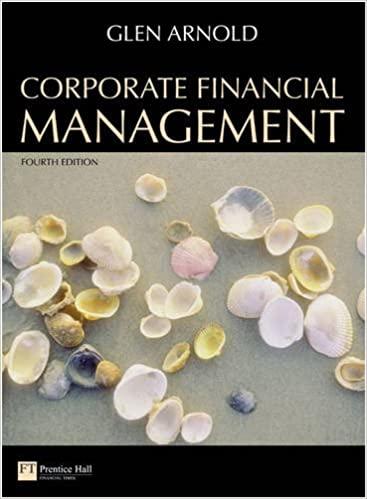Question
Quvon is using some of the skills in his manufacturing decision class to determine the value of his college education. He figures that he is
Quvon is using some of the skills in his manufacturing decision class to determine the value of his college education. He figures that he is going to spend $18,136 per year for four years to obtain his education. For ease of calculation he assumes $18,136 on day one and the rest at the end of each year. Well, then Quvon will graduate and he figures, on the conservative side, that he will earn $20,000 more in salary with his degree for the next twenty years. Allow year 4, to have "zero extra" while you graduate and get settled. For year 5 and beyond, up until 20 years, plus $20,000 at the end of year will be present. Of course, he may work more than 20 years but this is all that he wants to project. Also, with his degree he will obtain raises more readily, but that is also not in the model. At a personal hurdle rate of 15%, what is his net present value? (whole number in dollars will be fine] Is he actually earning 15% or more on his investment (yes or no)? What is his actual internal rate of return? (xx.x% will work. Only one decimal is needed) Given that he will be working more than 20 years is his return more or less, than you just calculated?
Step by Step Solution
There are 3 Steps involved in it
Step: 1

Get Instant Access to Expert-Tailored Solutions
See step-by-step solutions with expert insights and AI powered tools for academic success
Step: 2

Step: 3

Ace Your Homework with AI
Get the answers you need in no time with our AI-driven, step-by-step assistance
Get Started


